Bluetooth 4.1 To Be Prepared for Future Interconnected Smart Devices
2 min. read
Updated on
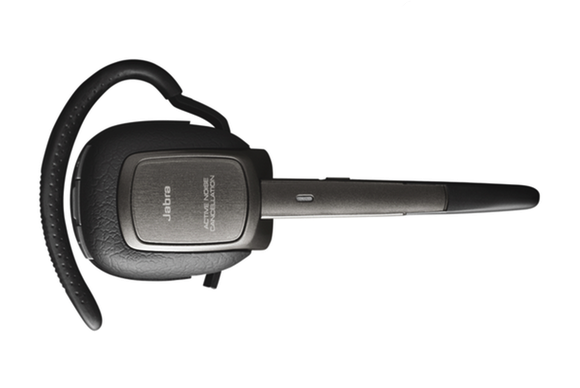
Bluetooth is making a new move in what concerns the wireless feature for communication. Apparently, with the Bluetooth 4.1 Core Specifications, users will be able to use key technologies that support the Internet of Things (IoT). With the purpose of transforming Bluetooth 4.1 into a more flexible connection related to devices such as wearables, web-enabled appliances, smartphones or other gadgets, developers are trying to prepare this device for the technologies of the future.
The updated 4.1 devices will make data transfer more efficient, and they will be able to collated data from sensors like heart monitors and temperature gauges and then to report the data back to a Smartphone or other smart device. In exchange, these phones can be used as sensors that other devices can communicate and transfer data from.
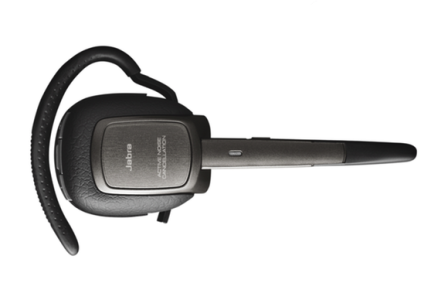
The update represents a major change since late 2010, when Bluetooth 4.0 was unveiled in order to reduce the power consumed by Bluetooth devices. In the same time, the good news is that all updates are all software related, therefore, a simple over-the-air update can upgrade radios or Bluetooth devices that are currently running on the market.
As a matter of fact, the 4.2 update include a better communication between LTE devices and Bluetooth devices in order to avoid interference. Moreover, it increases the timeout period between devices, which will save users plenty of time. The new 4.1 version supports data transfers so all data collected over the course of a run can be easily communicated at one from multiple sensors.
In the last part, perhaps the most important part is that Bluetooth 4.1 also prepared the ground for future IP-based connections between devices, in the same way a router connects to multiple Wi-Fi devices. This new feature adds a new way to create a dedicated channel, which can easily be used for IPv6 communications in the future. The already mentioned IPv6 feature was unveiled on 2012, and it was meant to prepare things for a future technology where everything is connected, and the standard supports 340 trillion trillion trillion addresses.
It will take some time until the new Bluetooth 4.1 makes its way into all devices. It is worth mentioning that Android devices have a relatively slow adoption rate compared to other devices, but with a stronger Bluetooth support, maybe the Android 4.3 and 4.4 might have a better adoption rate.
Source: PCWorld


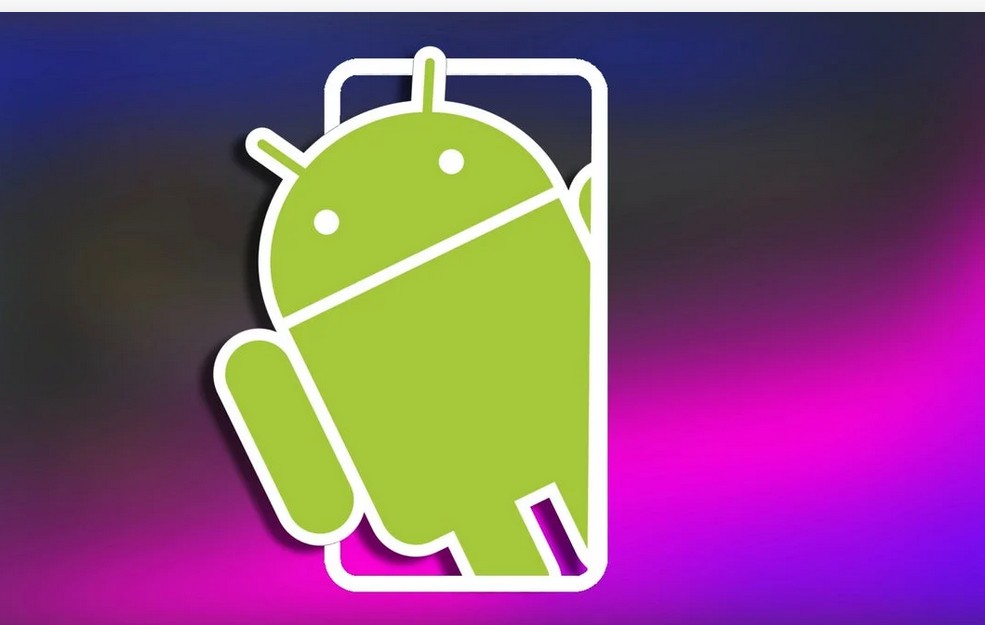
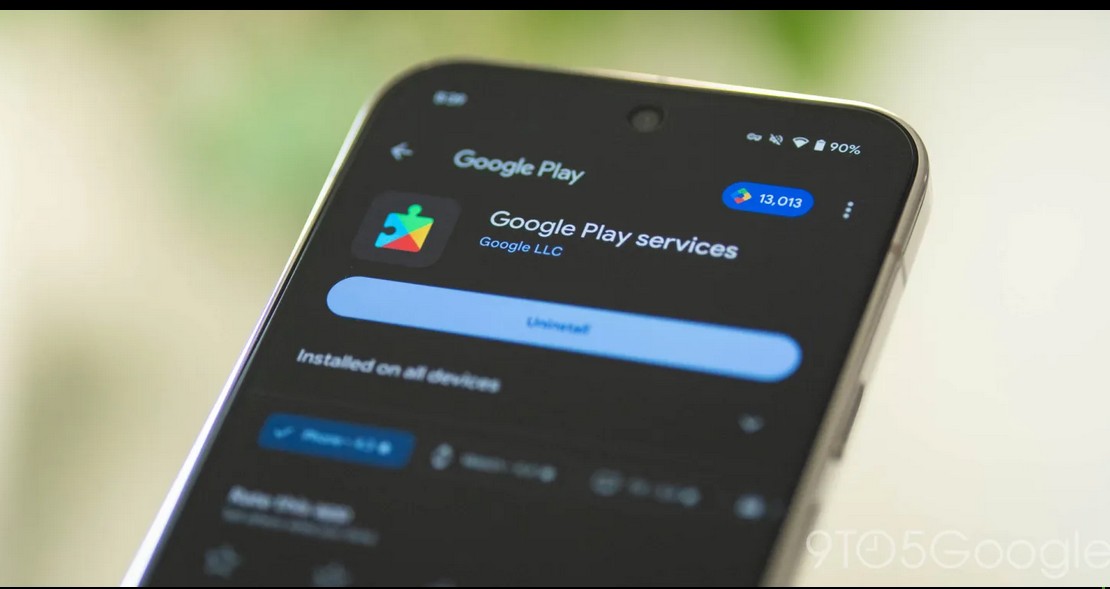
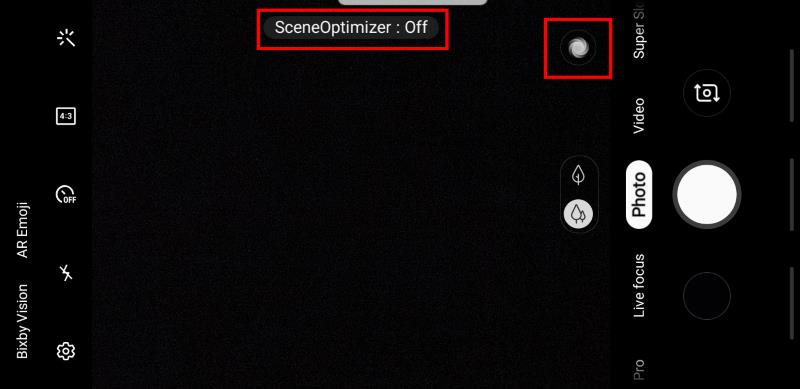
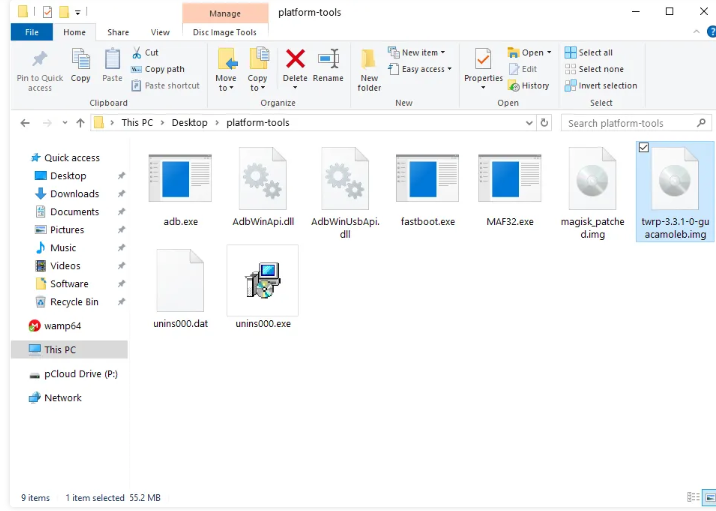
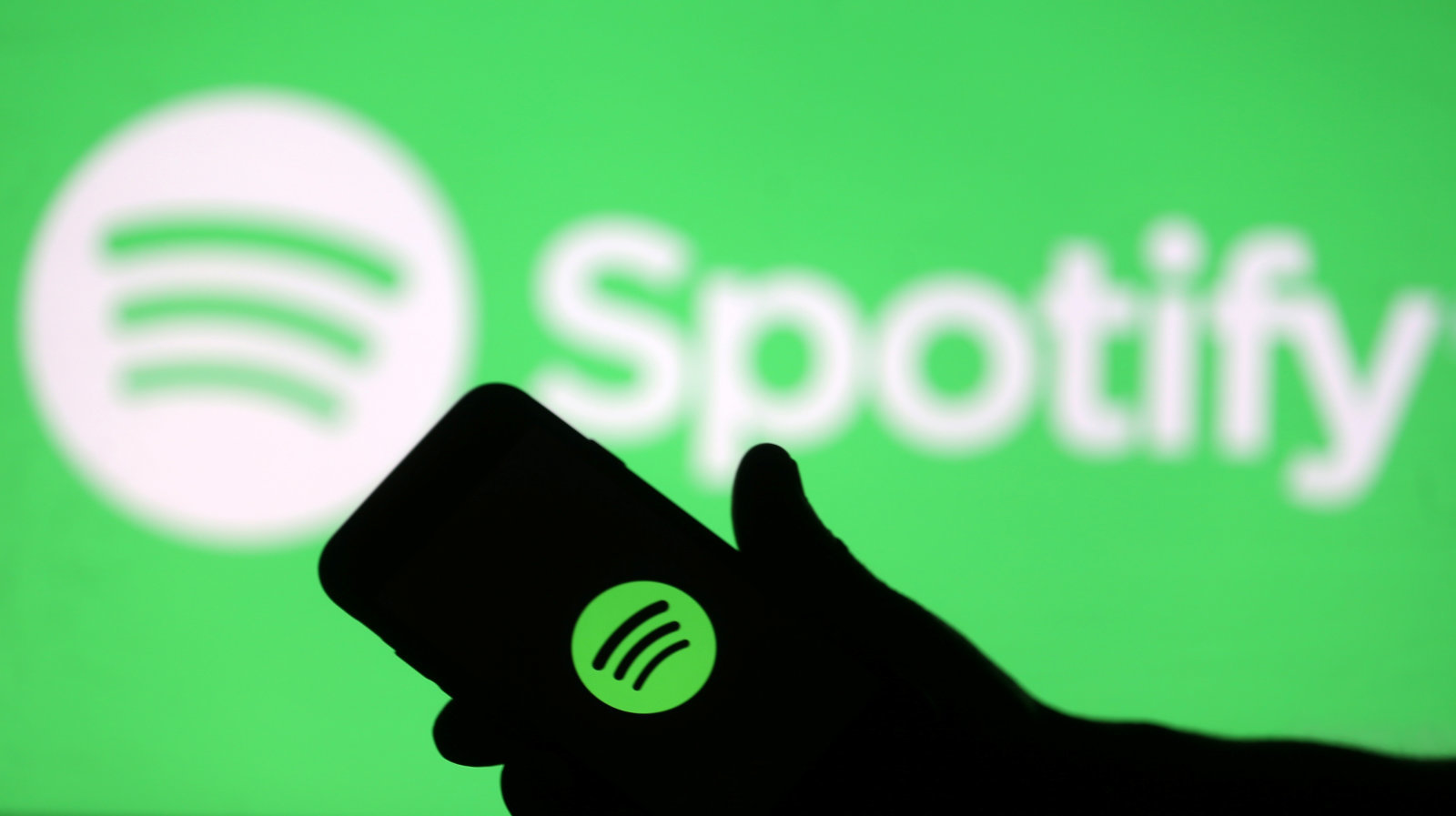
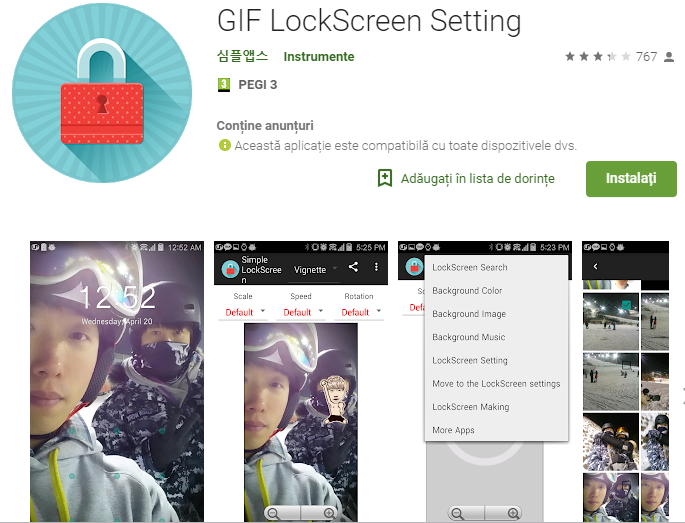

User forum
0 messages